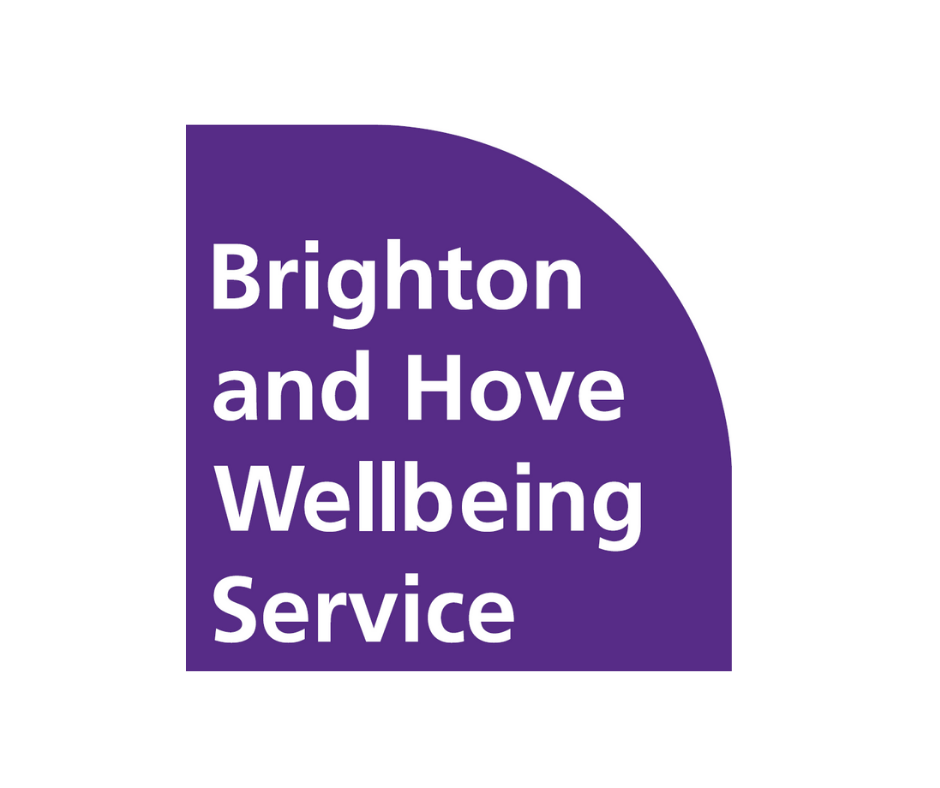Current research studies
HeartRater: Clinical
You may be eligible to participate in a clinical trial led by researchers in the Clinical Neuroscience Department at the Brighton and Sussex Medical School.
What is the study about?
In this trial, you will receive a novel, body-based therapy for anxiety, which focuses on signals from our bodies, such as heartbeats, and teaches people to better feel and understand these signals.
What will taking part involve?
You will complete all sessions in this trial in your home with special equipment that will be sent to you. Because this is a clinical trial, you will be randomly assigned to one of two trial groups. One of these groups is self-guided, which means that you will get detailed instructions on how to use the equipment and what to do in each session, or you will have a Psychological Wellbeing Practitioner (PWP) to guide you through the therapy on video calls.
Who can take part?
The research has strict criteria of who can take part. The research team will check in two steps if this clinical trial is the right fit for you. If the criteria does not match with you, you will still be offered the same treatments as anyone else in this NHS service.
If you wish to learn more, please register your interest by emailing the research team on spft.brightonwellbeingresearch@nhs.net.
The research team will then get back to you with detailed information and will carefully discuss with you if this clinical trial is right for you.
Contact details:
Email: spft.brightonwellbeingresearch@nhs.net
Previous research studies
OUTSIDE 2
Stressed? Depressed? Anxious?
Would you like to try a novel way to help manage your mental wellbeing and be part of a national study?
Are you curious about whether getting into cold water outdoors can really help your mental health?
What is the study about?
Activities near water, like swimming, are becoming more popular and seem to improve mental health. Swimming outdoors, especially, seems to have benefits beyond just exercise. People say it helps them feel present and escape from stress. Swimming might affect the body in ways that help mental health, like stimulating nerves or changing hormone levels.
Previous research suggests that swimming outdoors might reduce depression and anxiety symptoms. A previous study hinted that outdoor swimming could help with depression, but more extensive research is needed. If future studies support these findings, outdoor swimming could become recognised as helpful for depression, and available across the UK.
This study is being undertaken to find out if swimming outdoors can reduce the symptoms and improve the lives of people experiencing depression and anxiety.
Who is running the study?
The study is sponsored by Sussex Partnership Foundation Trust (SPFT), funded by NIHR Policy Research Programme (PRP) and affiliated with the Universities of Sussex, Portsmouth and Oxford.
What will taking part involve?
The study uses a design called a ‘Randomised Controlled Trial’ or ‘RCT’. This means that participants are randomly allocated to one of two groups. One group is the ‘intervention’ group. The other group is the ‘control’ group. By comparing these two groups we can determine whether or not the swim intervention is effective.
The swim courses will consist of a one-hour session, once a week for 8 weeks.
The intervention group will undertake the swim course at the beginning of this period and the control group at the end.
Both groups complete questionnaires during at different time points during the study.
Participants will also be invited to write diaries and be interviewed about the experience.
Swim locations:
Sea Lanes, Brighton BN2 1BX
When with sessions start:
June 2024
Who can take part?
To take part in the study you must:
Be aged 18 or over
Currently have symptoms of depression
Swimming ability – this will depend on your nearest swimming location. Some locations will require that you can swim at least two lengths of a standard pool and some locations are open to non-swimmers
Have no serious medical conditions that would make open water swimming unsafe for you. This will be determined by a member of our medical team who can review your health history questionnaire.
How can I take part?
If you would like further information or would like to take part in the study please visit the OUTSIDE website or email spnt.outside@nhs.net.
There is more information in this short film, produced by the Study Team:
TOGETHER
What is the TOGETHER study?
This study aimed to test an intervention known as 'Groups 4 Health'. This was the first time it has been tested in the UK with young people.
What is 'Groups 4 Health'?
Groups 4 Health is a 5 session intervention that supports people to identify and develop connections with other people.
Research suggests that connections with other people can help our health and wellbeing.
We will share the results here when we have them.
This study aimed to learn:
Do our plans for this study work?
What is the intervention like for young people? How can we make it better?
EQUITy
We have taken part in a research programme that aims to improve the quality of care of telephone therapy. The name of the programme is 'EQUITy' which is an intervention package developed by a team at The University of Manchester that aims to help services improve the quality of telephone treatments.
The package included three components:
Professional training
Information resources to help patients understand what telephone-delivered treatments are like and what’s involved
Guidelines for services to promote and sustain telephone work.
Those who were receiving telephone therapy with a Psychological Wellbeing Practitioner were asked if they were interested in taking part in few short questionnaires at 6 and 12 months after their treatment.
The questionnaires asked about peoples:
Mood
Health
Relationship with psychological wellbeing practitioner
Use of services.
We will share the results here when we have them.
PROPEL
A study to help us find out what makes psychological treatment work.
Why is this Research important?
1 in 5 people are affected by depression and/or anxiety
Psychological treatments are helpful in treating these problems and half of treated adults do recover
Knowing what things make treatment work can help therapists adapt or develop new treatments.
What is involved in taking part?
People who took part completed a questionnaire whilst they waited for the start of their psychological treatment.
We will share the results here when we have them.
RESPOND
This research study is comparing the Effects of Mindfulness-Based Cognitive Therapy (MBCT) and Treatment as Usual (TAU) in Patients who continue to suffer from Depression after IAPT High-Intensity Therapy.
Mindfulness-Based Cognitive Therapy (MBCT) is a treatment that combines intensive training in mindfulness with elements from other talking therapies. It is delivered in groups and consists of eight weekly sessions. The study will investigated the use of this treatment in patients who still suffer from symptoms after high-intensity IAPT therapy and compare it to the usual care that people receive at this point.
Taken part in a study? Tell us about your experience.
If you have taken part in one of our studies, we would really like to receive your feedback. Please take our quick 5 minute survey to let us know about your experience and if we can make any improvements.
If you would like more information about other research studies, then please contact: The information you provide will be collected by the National Institute of Health Research (NIHR) Clinical Research Network and will be treated in the strictest confidence. It will not affect any of your further treatment or any future participation in a research study. It will help us grow and develop the way we do our research and the way we involve participants.
For more information about taking part in any of our research studies please contact our Clinical Research Coordinator, Joanna Pooley.

